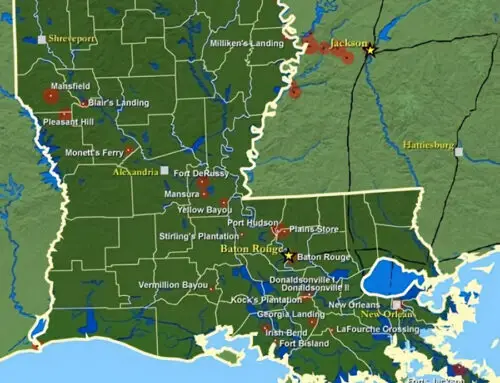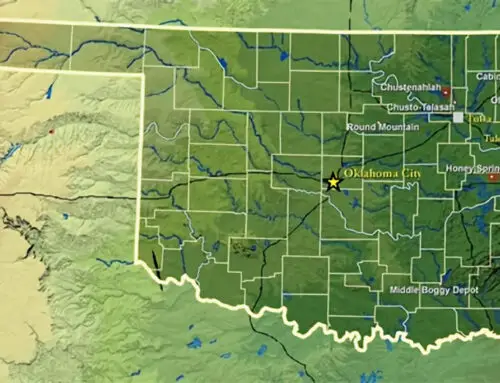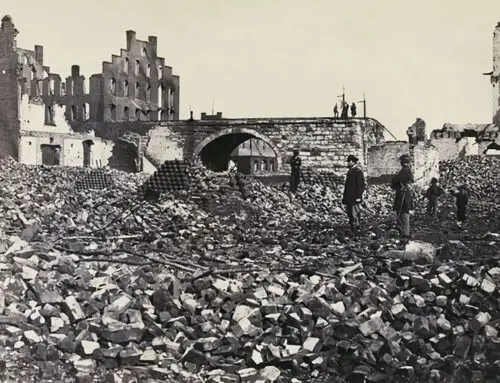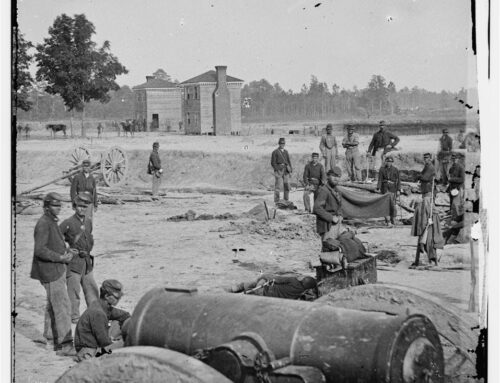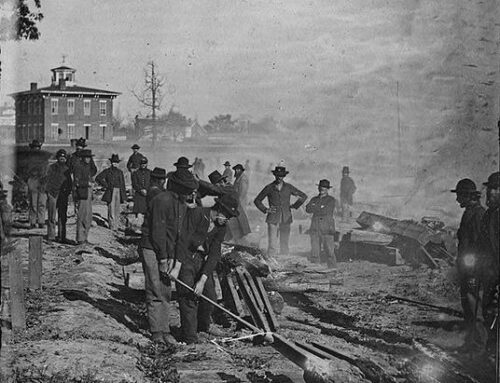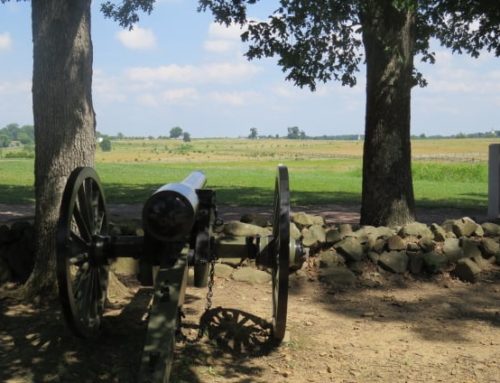October 8th 1862
The road to the battle of Perryville began when Confederate General Braxton Bragg invaded the state of Kentucky in 1862, he pushed so far into the “once-border state” that by the fall of the same year was at the outskirts of Louisville and Cincinnati. After six months of fighting in the countryside of Kentucky, Bragg’s army was weary and flat won out. A retreat was called for and the Confederates made their exit out of the Bluegrass State, victors and losers.
The Federal army led by General Don Carlos Buell, numbering nearly 37,000, converged on the small crossroads town of Perryville, Kentucky, in three columns. The three-pronged pincer type affect of the battle plan was at hand. This was the primary battle formation utilized by the North and in some cases, the South. The battle was a class on Union defense against Confederate cavalry, which would prevail?
Braxton Bragg was not unfamiliar with the losing category. The previous engagements, in which he was the leader of, showed that his military scope was limited at best. On the other hand, the Union had at its helm, the new and brash Union commander, General Don Carlos Buell, was not so experienced but demonstrated efficient tactical commands.
The was the culmination of the after affects of Bragg’s invasion of Kentucky and all of the troops and supplies that were depleted in the attack. Falling back into the town, the Confederate army was followed by the Union army. Tired and spent from a years worth of fighting and killing and dying, the Rebels could only dig in and await their fate. The Union army that attacked was strong, motivated and deadly.
Within days the rebels were vanquished and the town of Perryville was back into Northern control. The Civil War was on the verge of being over and the Union knew this. General Grant was well aware of the situation and wasted not time in amassing a strong enough force that could take Richmond and put an end to this bloody time in the history of American warfare.
A civil war is always the most costly, in every category; the losses are doubled for a country, exponentially. If not for the right to be free by a black man, this war would have been a colossal useless endeavor. It was worth it and the men, who fought and died for the right to be free, knew it was well worth their lives.
The battle ended as fast as it had begun. The date was October 8th, 1862; the infancy of the war that would change the socio-political climate in the United States was at hand. This would prove to be the climatic last battle in a string of battles that earned General Bragg the right to continue commanding a Confederate force. The battle is not the usual front-runner as Gettysburg or Vicksburg, what it was meant so much more to the current geographical climate.
Considered a tactical victory for the South, the battle was the precursor to The Battle of Stones River that would put to test the metal of each and every Confederate soldier. Murfreesboro, Tennessee was ext on the whirlwind tour of the south, produced and directed by the venerable General Braxton Bragg and his “scary” troupe of men.

